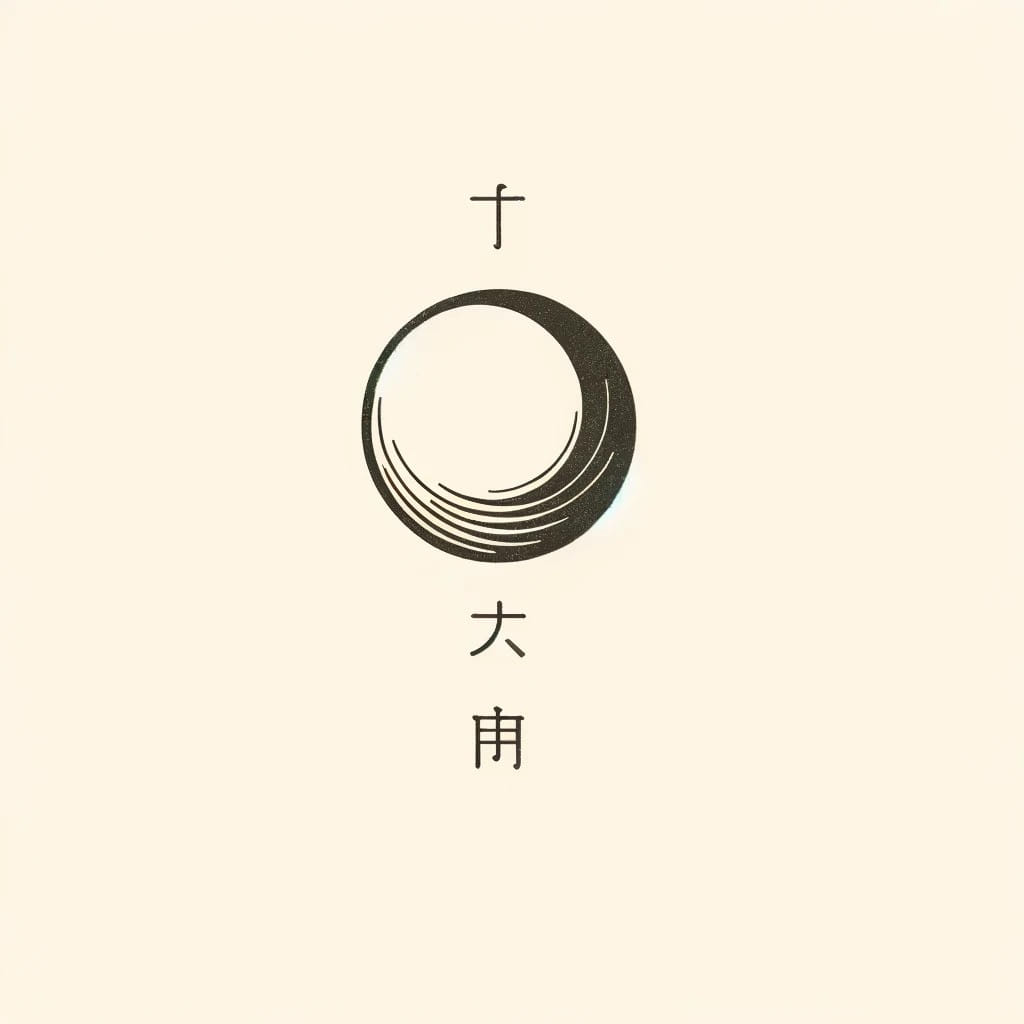· word of the day · 3 min read
Discount Thai Word ลดราคา: Unlock Cultural Insights
Discover the cultural significance of the Thai word discount ลดราคา and enhance your language skills with our in-depth exploration of Thai shopping traditions.

Discovering Unique Thai Words: A Gateway to Cultural Insight
Learning a new language is more than just mastering grammar and vocabulary; it’s about diving into the culture and understanding the nuances that make it unique. One of the best ways to achieve this is by discovering unusual words that carry rich meanings and cultural significance. Today, let’s explore an intriguing Thai word related to shopping and commerce that will not only expand your vocabulary but also give you a deeper grasp of Thai culture.
The Word: “ลดราคา” (Lót Rá-Kaa)
Pronunciation and Meaning
The word “ลดราคา” (pronounced “Lót Rá-Kaa”) is a compound word where “ลด” (Lót) means “to reduce” and “ราคา” (Rá-Kaa) means “price.” Put together, “ลดราคา” translates to “discount” or “sale.” This word is a staple in Thai shopping culture and is something you’ll encounter frequently if you ever find yourself in a Thai market or mall.
Cultural Significance
Thailand is a paradise for shoppers, known for its bustling markets, vibrant street vendors, and luxurious malls. The concept of bargaining and discounts is deeply ingrained in Thai commerce. Whether you’re exploring the night bazaars of Chiang Mai or the floating markets of Bangkok, “ลดราคา” is a term that will come in handy.
In Thai culture, shopping is not just a transaction; it’s an experience. The act of negotiating a price is often seen as a social interaction and a way to build rapport. When you hear “ลดราคา,” it often signals an opportunity to engage in this cultural practice.
Examples of Usage
Let’s look at some examples of how “ลดราคา” is used in everyday conversations:
At a Market Stall:
- Seller: “สินค้านี้ลดราคาพิเศษ” (Sĭn-Khâa Née Lót Rá-Kaa Phí-Sèet)
- Translation: “This product is on special discount.”
At a Mall:
- Customer: “เสื้อตัวนี้ลดราคาไหม?” (Sûea Dtuua Née Lót Rá-Kaa Mái?)
- Translation: “Is this shirt on sale?”
Advertising:
- Sign: “ลดราคา 50%” (Lót Rá-Kaa Hâa-Sìp Pêe-Sàt)
- Translation: “50% Discount”
Idiomatic Expressions
While “ลดราคา” itself is straightforward, it often appears in idiomatic expressions and phrases that add color to the language:
“ลดราคาแบบไฟลุก” (Lót Rá-Kaa Bàep Fai Lúk)
- Literal Translation: “Discount like fire”
- Meaning: A massive sale, usually implying urgency and excitement.
“ลดราคาจนขาดทุน” (Lót Rá-Kaa Jon Khàat Thun)
- Literal Translation: “Discount until a loss”
- Meaning: A sale so significant that the seller might be losing money, often used to attract customers.
Role in Literature and Folklore
Although “ลดราคา” is a modern term, the concept of bargaining and discounts has historical roots in Thai folklore and literature. Traditional Thai stories often depict market scenes where characters engage in lively haggling, reflecting the cultural importance of commerce and negotiation.
One famous Thai folktale involves a clever merchant who uses his wit to outsmart a greedy trader, securing a better deal for himself. Such stories highlight the value placed on intelligence and negotiation skills in Thai culture.
Enriching Your Language Learning
Learning words like “ลดราคา” does more than just expand your vocabulary; it immerses you in the cultural fabric of the language. Understanding the significance of discounts and bargaining in Thai commerce gives you a window into daily life and social interactions in Thailand. It prepares you to engage more meaningfully with native speakers and enhances your overall language learning experience.
If you’re eager to dive deeper into the Thai language and discover more fascinating words and expressions, consider using Glosa, an app designed to make language learning engaging and effective. You can download Glosa here.
By exploring unique words and their cultural contexts, you enrich your understanding of the language and build a more profound connection with the people who speak it. So next time you hear “ลดราคา,” you’ll not only know what it means but also appreciate the cultural significance behind it. Happy learning!




